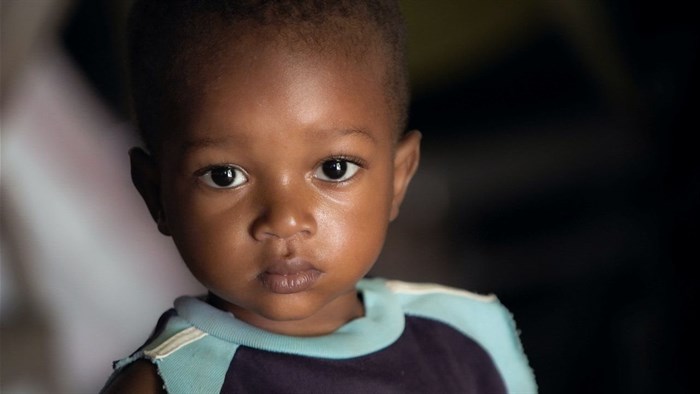Birth registration is a significant right for every human as it triggers one's ability to access other rights. Both international and South African law establish birth registration as a fundamental human right, quintessential to ensuring the safety and future of a child.

Image source: Zachary Vessels from
PexelsHowever, the current legislative framework governing birth registration in South Africa currently limits these rights. Birth registration is governed by the Births and Deaths Registration Act 51 of 1992; however, how birth registrations are recorded and classified is problematic, as it distinguishes between the birth of a citizen and that of a child born to a foreign national.
South Africa is a country centred around documentation, and our regulatory framework is premised on the fact that one’s resident status in South Africa determines whether a child’s birth can be registered or not. Thus, the registration of children born to foreign nationals – who are not permanent residents or refugees – is subject to the provision of valid documentation.
The consequences of not being documented can be far-reaching and result in a child not being able to access basic services that they are entitled to under South Africa’s Constitution.
International law
The African Charter on the Rights and Welfare of the Child (Article 6) and the United Nations (UN) Convention on the Rights of the Child (Article 7), both of which the Government of South Africa is a party to, recognise the right of every child to be registered and to acquire a nationality.
As a result, the right of children to have their birth registered should not be arbitrarily or unnecessarily limited. To do so conflicts with South Africa’s international obligations and those imposed by the Constitution.
Moreover, both the 1951 UN Convention on the Status of Refugees and the Organisation of African Unity’s (now the African Union) Convention Governing the Specific Aspects of Refugee Problems in Africa affirm that all human beings shall enjoy fundamental rights and freedoms without discrimination. This is a principle that is firmly entrenched in our country’s Constitution, which also emphasises equality and non-discrimination in the access of rights and freedoms.
Best interests of the child
The obligations that are entrenched in the Constitution also apply to those seeking asylum from persecution in South Africa. It is a grave dereliction of South Africa’s obligations to limit the applicability of these rights to vulnerable and marginalised persons, especially children, seeking asylum in South Africa.
What’s the solution?
In 2016, the UN Committee on the Rights of the Child made several recommendations to South Africa regarding barriers to birth registration. It recommended that the Government review and amend all legislation and regulations relevant to birth registration, including removing requirements that may have a punitive or discriminatory impact on certain groups of children.
The consequence of non-registration of birth will undoubtedly result in great hardships for many children, as access to essential services in South Africa in most instances requires a child’s birth certificate.
A less restrictive birth registration system which allows for the registration of all children born in South Africa, regardless of their parent’s immigration status, would promote the principle of acting in the best interests of a child. This approach would be in line with regional and international legal principles to which South Africa is bound and ensure the safety of all children.
From Nugent J, Minister of Home Affairs and Others v Watchenuka and Others:
Human dignity has no nationality. It is inherent in all people – citizens and non-citizens alike – simply because they are human. And while that person happens to be in this country – for whatever reason – it must be respected, and is protected, by section 10 of the Bill of Rights.




































